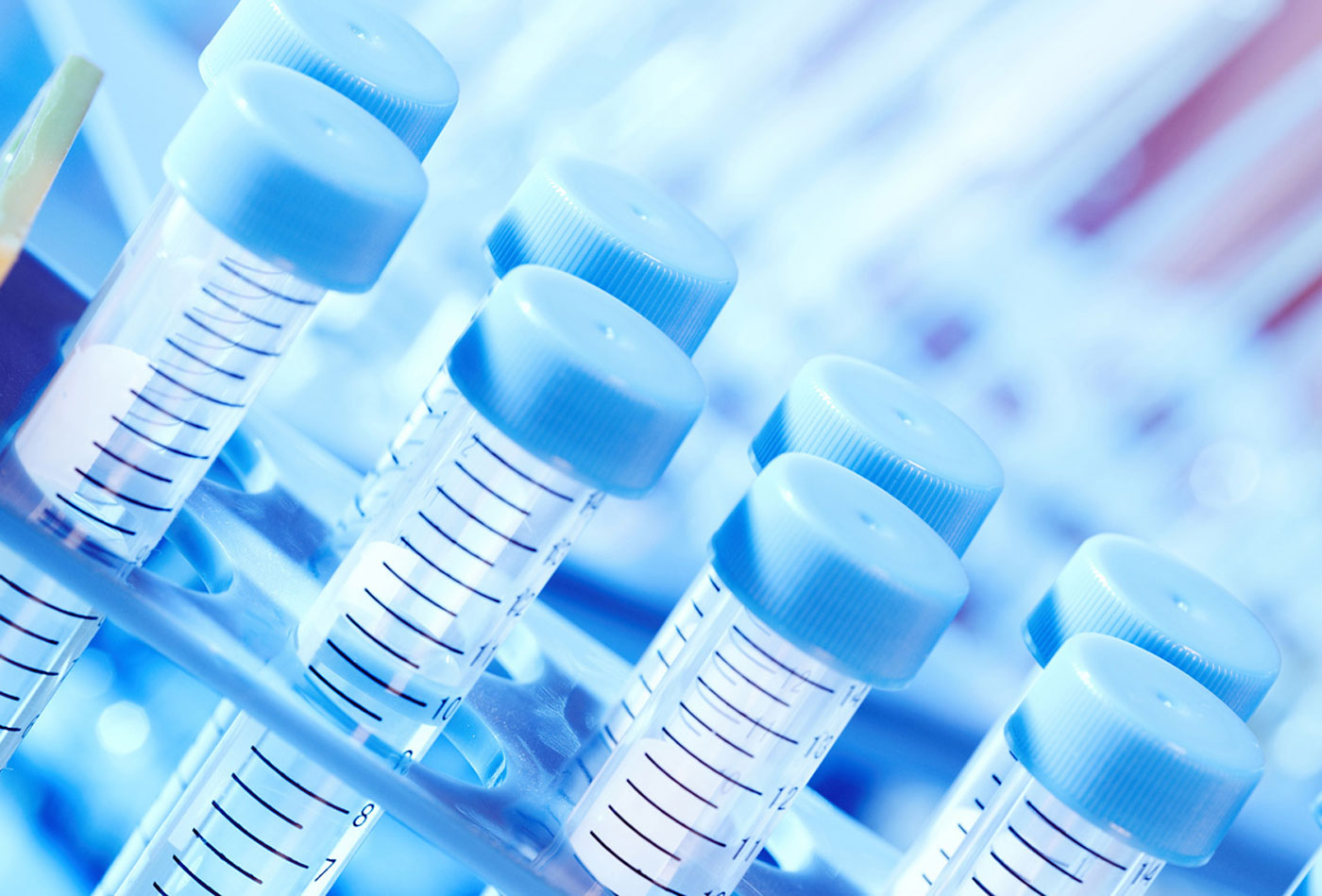Under the Animal Health and Welfare Act 1984
The Importation of Embryos, Ova and Semen Order 1980 as amended it is unlawful to import equine semen without a qualifying health certificate. Notwithstanding the regulations UK veterinary surgeons are regularly being asked to break the law by inseminating imported equine semen that does not have an accompanying health certificate.

The current law
- All consignments of equine semen sent to or received from (or traded with) other EU Member States must be accompanied to the place of destination by an original, valid health certificate (ITAHC), issued in the country of origin.
- It is illegal for semen to be shipped to the UK without such original certification.
- Anyone receiving such semen without the correct original certification should not use it for insemination and should immediately inform the authorities via their local animal health office.
- The “place of destination” is the location mentioned on the health certificate.
- The “importer” is the person named on the health certificate –whether the agent or the owner.
- The “offence” is committed by the importer – but only if they fail to destroy the semen.
- Insemination is evidence that the semen has not been destroyed and therefore (for practical purposes) the offence is committed by the act of insemination.
- A photocopy will not suffice: the legislation states “certificate” not “Certificate or copy of certificate” or “certificate or authorised copy (ie signed and dated by the vet as an authorised copy) of certificate”.
The British Equine Veterinary Association (BEVA) has reported that its members are being regularly asked to break the law by inseminating imported equine semen that does not have an accompanying health certificate.
Such practice not only jeopardises the current high health status of the UK horse population, but also risks the professional status of the vets involved. Apparently thousands of shipments of equine germinal product (semen, ova or embryos) are imported into the UK every year. It is a legal requirement that all imported equine semen to be accompanied to the place of destination (usually to the side of the mare) by an original, valid health certificate (ITAHC), issued in the country of origin.
It appears that recently, consignments of equine semen have been imported without the appropriate health certificates meaning that there is no guarantee that the semen is free from the stated diseases or even that it is from the chosen stallion. Evidence shows that well-known importing agents have advised mare owners that these certificates are unnecessary and these businesses have also even criticised vets who refuse to inseminate mares with uncertified imported semen.
The use of uncertified semen leads to the real risk of a recipient mare becoming infected with diseases such as CEM or EVA, the potentially rapid spread of disease in breeding stock and eventual restrictions being placed on breeding premises. Recent outbreaks of Equine Infectious Anaemia (EIA) in Europe have exacerbated such health threats to the UK herd.
The personal and professional reputation of any vet involved using uncertified semen is also in danger, with the RCVS likely to take a tough line with any vets who disregard animal health laws and the high health status of British horses with some import agencies placing additional pressure on vets to inseminate mares without the necessary paperwork, even though this action illegal and places recipient mares under a direct threat from a notifiable and incurable disease. This seems particularly cavalier given the recent outbreaks of EIA across Europe.”
BEVA is supporting its members with the following protective measures:
- Notifying owners that they must tell the agent that they will not accept semen without a valid health certificate, in order to protect the health of their own horses.
- Reassuring all vets performing stud duties that they are right to refuse to inseminate mares with semen that isn’t accompanied by a valid health certificate, in order to protect their professional status and safeguard the health status of the UK herd.
- Making sure owners and vets are fully aware that if they receive imported semen that isn’t accompanied by a valid health certificate they must report it immediately to their local animal health office and arrange for the semen to be destroyed.
- Reminding agents of the law and to make them aware that all BEVA members have been advised to report any indiscretions to their local animal health office.